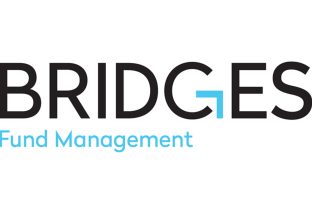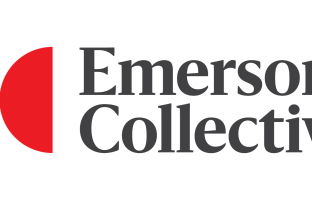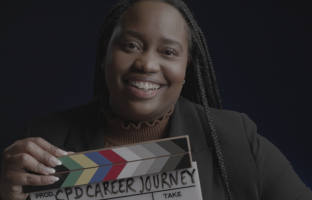The “Know Your Audience” series on the HBS Recruiting Blog highlights trends in recruiting for various industries. Learn more about student interest, effective recruiting strategies, and best practices from HBS staff dedicated to your industry.
Meet the Team
Jonathan Shepherd – Corporate Relations Director and Career Coach
Katja Frey – Recruiting Relations Manager
Together, Jonathan and Katja make up the Career & Professional Development team that manages relationships with Private Equity firms and coaches HBS students interested in the industry. In addition to over a decade of prior finance experience, they bring a combined 14 years of Career & Professional Development expertise, helping firms develop their HBS recruiting strategy and connect with students.
What Students Want
HBS student interest in Private Equity remains high with 20% of students entering Private Equity/Venture Capital/LBO roles after graduation. Often students are returning to Private Equity after two years of previous banking experience and two years of Private Equity experience before business school. There is also strong interest from students that are career switching from non-PE backgrounds, who typically bring deep expertise from other industries.
Through his coaching conversations with students, Jonathan has found, “Students in the past few years have been especially drawn to growth equity as it combines characteristics of large cap Private Equity with the more operationally-active approach utilized by earlier stage investors.” There are also numerous PE firms with well-known brands that attract large numbers of students to campus events and into their applicant pool.
In terms of location, students tend to focus on major metropolitan areas, though firms located outside of these cities are also able to attract students through targeted outreach.
On-Campus ROI
While this is not the case for all industries, on campus presentations continue to be a highly effective platform for Private Equity firms. Katja finds that this is largely due to the high level of student interest, which lends itself well to a large classroom-based presentation and Q&A. She adds, “Looking at attendance over the past two years, Private Equity consistently sees the highest numbers across industries.”
Jonathan also notes, “For Private Equity firms who are lesser known at HBS, it can be worthwhile to come to campus to give a company presentation or hold company conversations to inform students about their organization.” Physically being on campus keeps firms top-of-mind with students and exposes them to opportunities that they may not have previously considered. Jonathan and Katja can help you determine which format, large or intimate, is the best fit for your goals.
Making the Investment in Recruiting
An emerging trend in Private Equity recruiting is the use of the summer internship as a feeder for full-time hiring. The private equity deal cycle is more than ten weeks, so it can be challenging to bring on a summer intern and fit them in with a project. However, Jonathan encourages firms to consider bringing on summer interns as a “10-week interview,” particularly for career switchers.
“I frequently hear from firms that hiring a summer intern is more hassle than it’s worth. However, our experience tells a different story. Industry leaders who have taken summer interns have typically found it to be a great investment of their time and resources as the internship program allows the firm to extend the interview process over the entire summer and build and maintain a strong brand on campus,” says Jonathan. Use the summer to get to know students, let them get to know you, and ultimately find the best fit for full-time hiring.
In addition to investing in the summer internship, Jonathan and Katja also recommend that Private Equity firms invest in hiring a full-time internal recruiter. In many firms, recruiting is handled by members of the investment team. While PE firms understandably want to stay lean, hiring the best young talent is critical. Making an “investment” in a dedicated recruiter not only frees up the investment team to focus on investing, but also provides the firm with the human capital resources to do targeted outreach through the Resume Database, VCPE Club and/or Women In Investing Club.
A dedicated recruiter can also manage the heavy logistics and communication throughout the interview process and help with onboarding. Since strong student interest can lead to high application numbers, keeping open lines of communication with applicants and interviewees can pose a challenge. Having a dedicated recruiter close the loop with all applicants throughout the process pays dividends and can strengthen your reputation on campus for years to come.
Partner with HBS
Jonathan and Katja are here to partner with Private Equity firms to help you foster connections with HBS students and meet your hiring needs. To discuss your recruiting strategy, contact Jonathan and Katja today.







